This case study offers strategies for navigating internal frictions within research teams faced with sensitive...


This case study offers strategies for navigating internal frictions within research teams faced with sensitive...
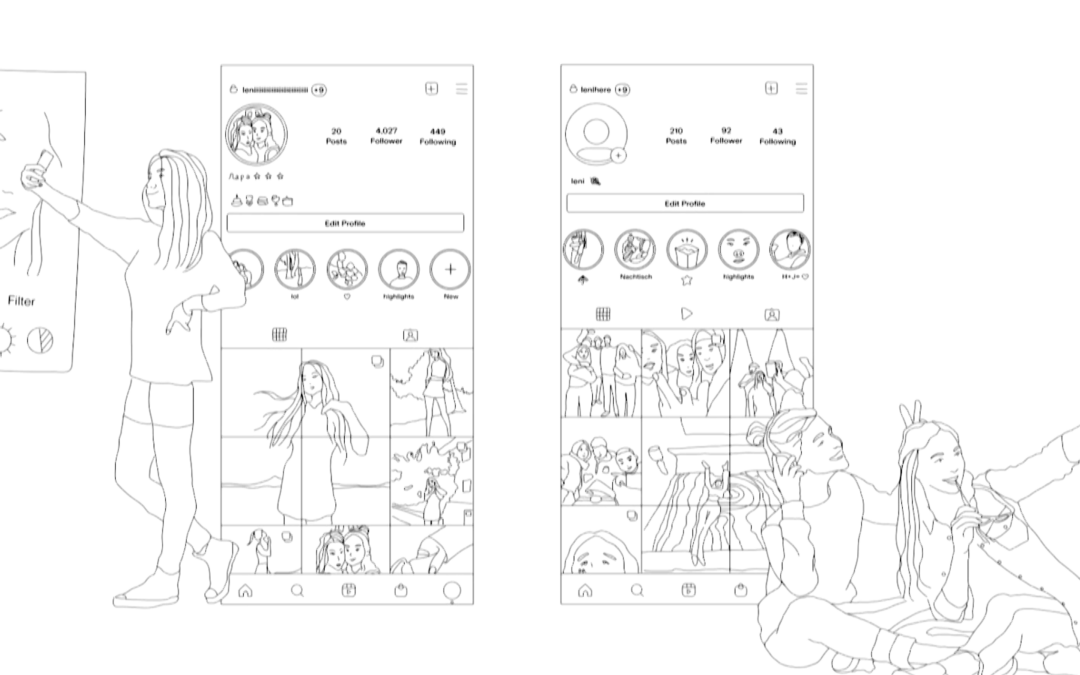
Virtual worlds have been central to an imagined future in which advances in technology propel new social practices. The recent focus within the technology industry on the “metaverse” is the latest iteration of...
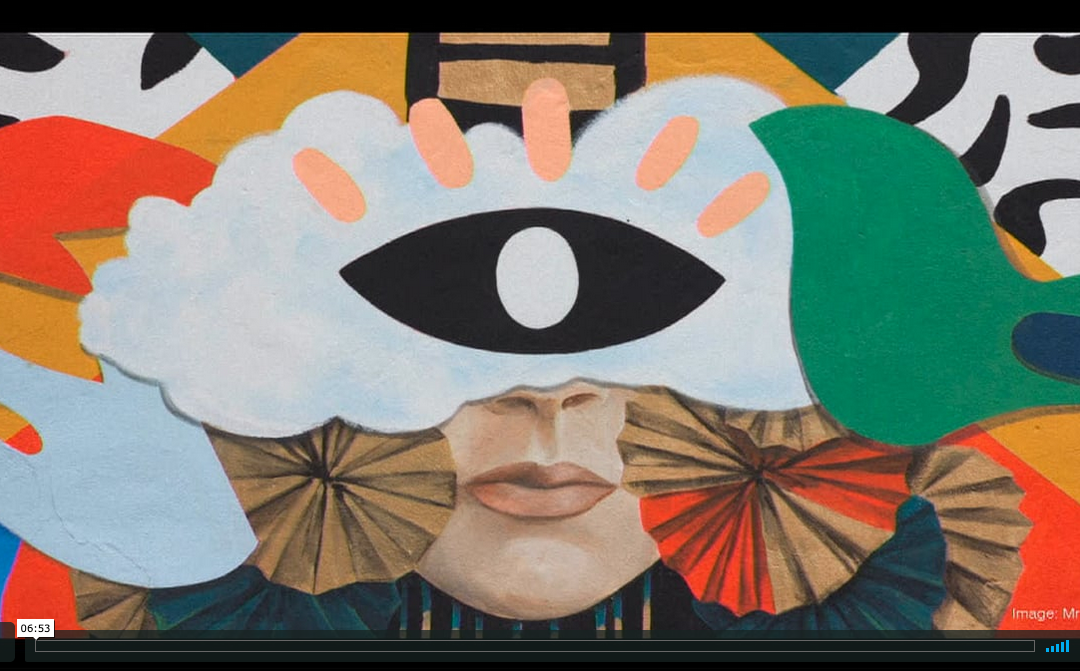
PechaKucha Presentation Digital identities are key to almost all aspects of life today. What happens when digital identities grow beyond just being partial, one-dimensional representations of us, but become fully autonomous digital selves who can act on our behalf. Who or what will be the target...
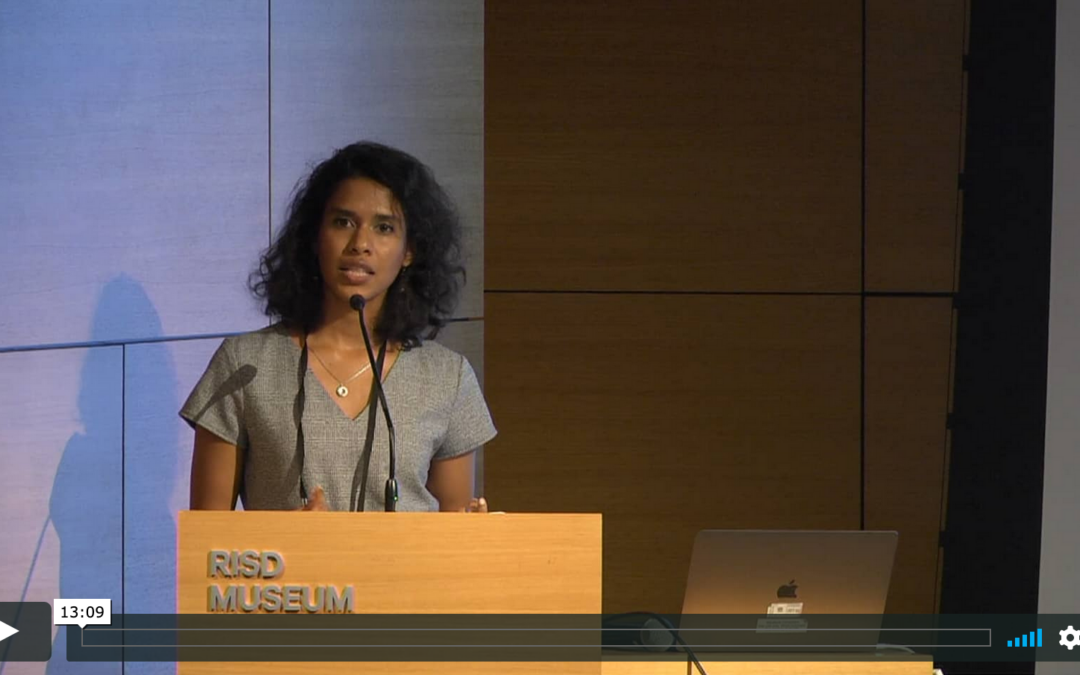
India is currently at the precipice of immense social and technological change. The proliferation of smartphones and growth of the nation's app economy raise questions about how digital platforms might influence the contours of love, sex, and desire in the region in the coming decades. This paper...
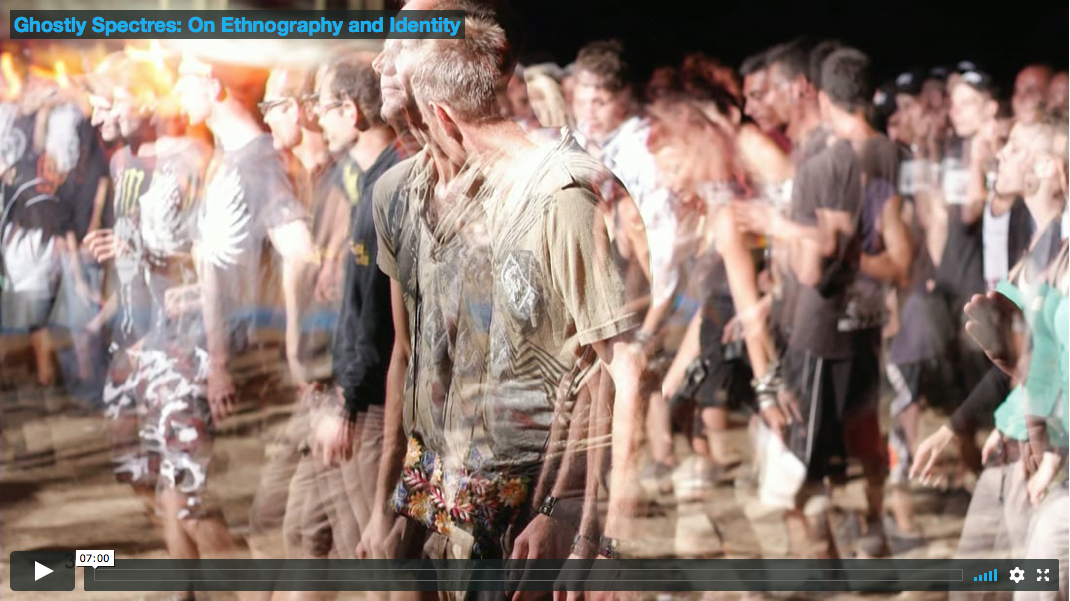
PechaKucha Presentation Taking Avery F. Gordon's definition of a ghost as a social figure making the unknown apparent as a departure point, the piece dives into the “ghosts” silently present in an ethnography on how parents view gender in media. Through utilizing the image of an ethnographer as a...
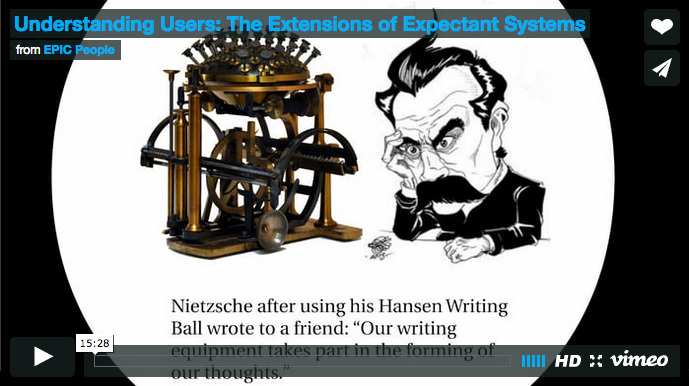
This paper provides an ethnographic understanding of users in the Persian blogosphere through the framework of the carnivalesque. The repertoire of concepts provided by the carnivalesque draws attention to (1) the significance of the material, (2) the dynamic, transforming nature of things, and...

Ask any applied ethnographer what is the hardest thing about their work. Go ahead, just ask one. More than likely, she will exhale slowly, slump back in her chair, fix you with a steely stare and say, “I spend so little time on actual research.” Her gaze may drift away at this moment. She might...
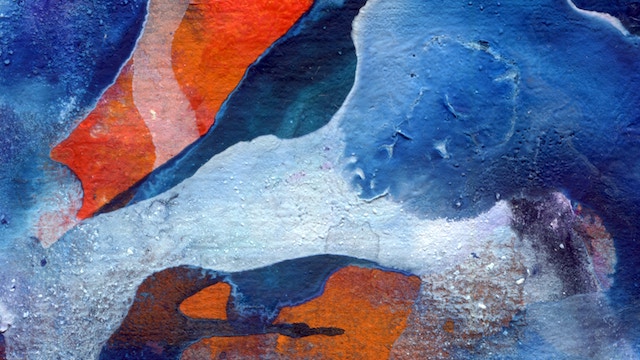
A manufacturer of work clothes wanted to learn how workers use and experience its products to enhance marketing and sales. After a multi-sited field study, I learned that more critical than individuals or persona were the social practices that emerged within particular social units....

We produce vast amounts of data in our daily lives. Email, text, search, check-in, photos, payments – all these activities create a trail of digital exhaust. This personal data has been triumphantly declared a “new asset class” by the WEF, compared to oil as the world’s newest economic resource,...

In mobile communications studies, Japan is known for its “keitai culture.” However, the actual use of keitai among the Japanese is anything but glamorous. On the other hand, strong preference of online diary and diary blogs among the Japanese is remarkable. What is puzzling, however, is that the...